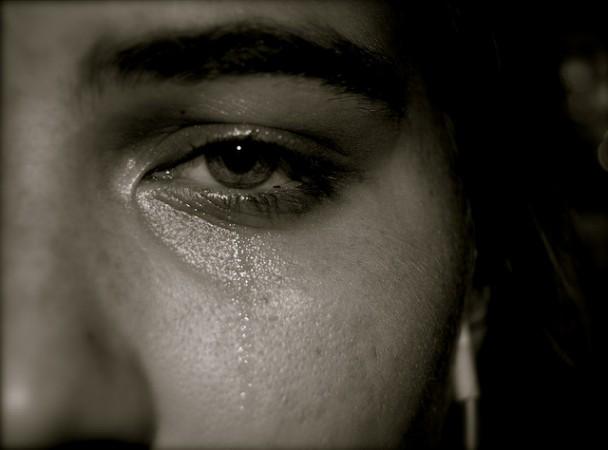
Experiencing sexual abuse in childhood can increase the risk of heart disease in adulthood, a new study says.
In a study reported in the American Heart Association's Stroke, female victims of childhood sexual abuse displayed an early sign of heart disease. The majority of the participants with a history of childhood sexual abuse had an increased carotid intima-media thickness (IMT) or thickening of the innermost layers of the artery wall. Carotid IMT has long been linked to atherosclerosis, a condition that poses risk to the heart.
Atherosclerosis is the thickening of the artery walls due to the build-up of fatty deposits in them. The occurrence narrows and damages its elasticity and affects the blood flow. Losing the elasticity of arteries can increase the risk of many deadly diseases, including blood clots, strokes, heart failure, high blood pressure and renal failure.
The study included 1,400 women, aged between 42 and 52, from the Study of Women's Health Across the Nation (SWAN). The participants belonged to different countries and races. Researchers interviewed the women to collect information about their bitter childhood experiences and health condition. The prevalence of childhood sexual abuse was around 16 percent. The women received annual health screening for 12 years. Researchers used a carotid artery ultrasound, to measure plaque in arteries.
Results showed a direct link between sexual abuse at childhood and higher carotid artery IMT.
"These study findings indicate the importance of considering early life stress on women's later cardiovascular health," lead author of the study, Dr Rebecca C. Thurston from the University of Pittsburgh in Pennsylvania, said in a news release.
"Awareness of the long-term mental and physical consequences of sexual abuse in childhood needs to be heightened nationally, particularly among women and health professionals."
Apart from these, sexual abuse at a young age has also been linked to a series of health problems, including depression, eating disorders, poor self-esteem, post-traumatic stress disorder (PTSD) and behavioral problems.
Child Sexual Abuse –Some Basic Facts
Child sexual abuse is the use of a child for sexual stimulation and includes both touching and non-touching behaviors, either by an adult or by any other child, according to the American Psychological Association. Activities like sexual kissing, fondling, compelling child to feel adults' sexual organs, vaginal or anus penetration, exposing to pornography or filming them in such films are some of them. Reports show that, in 60 percent of the cases, children experience sexual exploitation from someone they know very well or the ones whom they trust, like neighbors, family friends, and in 30 percent from family members, including fathers, brothers, uncles or cousins. Only in a minority of the cases, to say 10 percent, strangers are involved.













!['It's not Mumbai traffic, it's air traffic': Suriya apologises to Mumbai media after paparazzi yelled At Him for making them wait for hours [Watch]](https://data1.ibtimes.co.in/en/full/806234/its-not-mumbai-traffic-its-air-traffic-suriya-apologises-mumbai-media-after-paparazzi.jpg?w=220&h=138)



